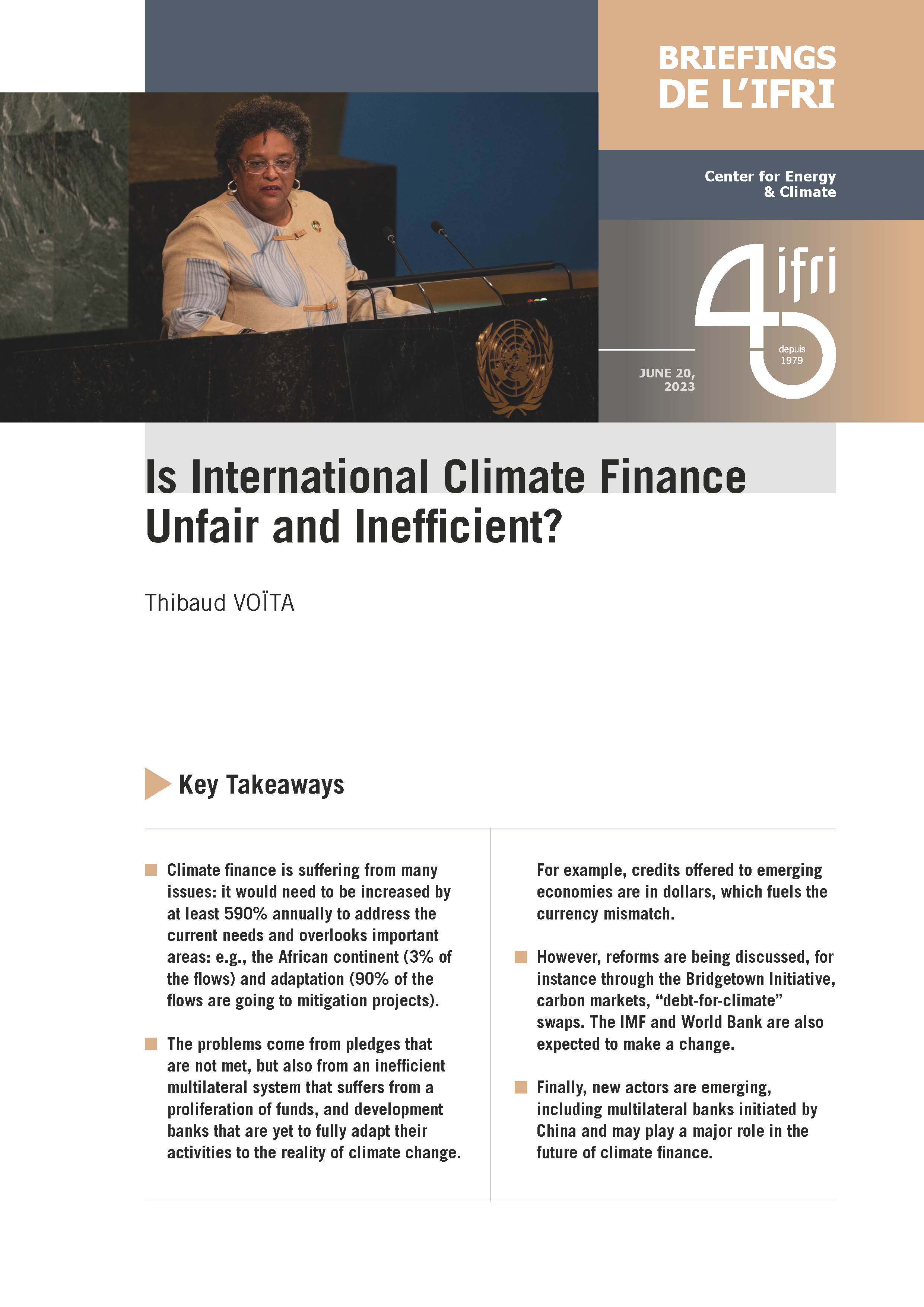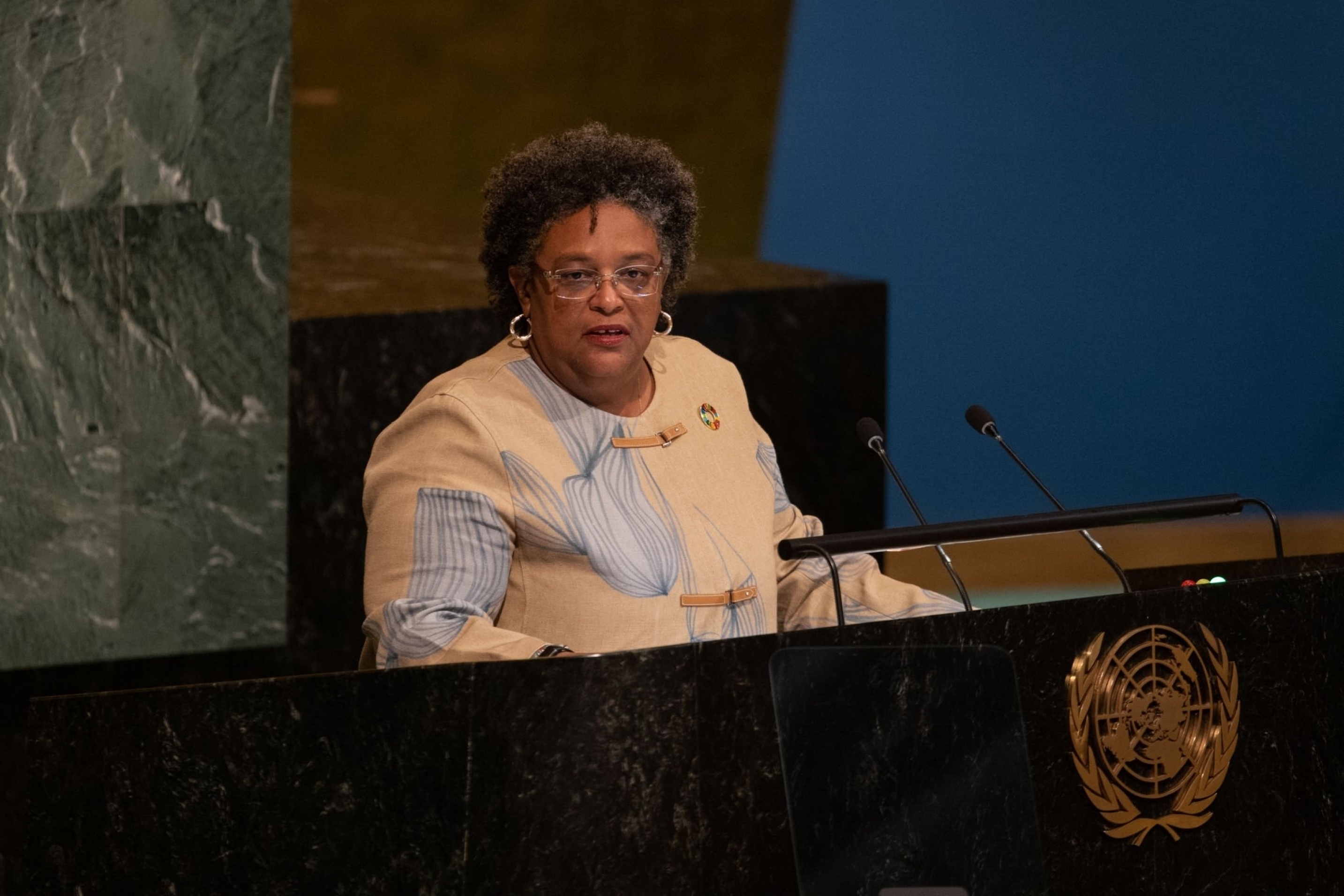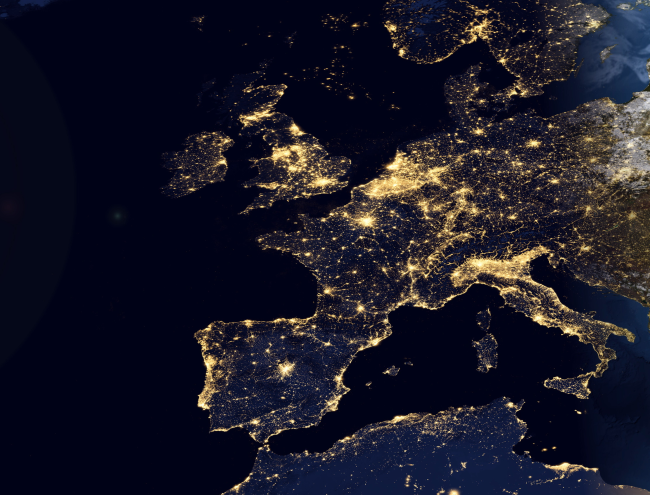Is International Climate Finance Unfair and Inefficient?

Finance is arguably the most sensitive climate negotiation topic. Different studies have shown that rich countries emit the majority of greenhouse gas (GHG) emissions, while the climate footprint of the poorest countries is much more limited.

In addition, the countries that emit the less often turn out to be among the most vulnerable to climate change, with high needs in terms of adaptation finance. According to some analysis, the 46 least-developed countries suffer from a high risk of loss and damage, and the countries that are the least at risk are in Europe. Therefore, developing countries are demanding contributions from the developed world to address their climate finance needs (both in terms of mitigation and adaptation). These demands have been somehow met with a pledge made at COP 15 in 2009, where developed countries announced a yearly contribution of 100 billion dollars (USD) by 2020. However, this pledge has not been honored.
Meanwhile, climate change is accelerating and, as a result, countries’ needs in terms of adaptation are increasing, as well as their loss and damage. The finance gap is widening and though the 100 USD billion pledge is expected to be achieved in 2023, analysis from the think tank Climate Policy Initiative (CPI) shows that it will not be enough to address the current needs. According to their analysis, the current flows need to be increased by at least 590% annually. This briefing will show that, in addition, climate finance is not accessible to the poorest and therefore increases inequalities and the exclusion of the most vulnerable countries. The Prime Minister of Barbados, Ms. Mia Motley, complains that the “international financial system […] is broken, outdated, infested with short-termism and downright unfair.

Available in:
Regions and themes
ISBN / ISSN
Share
Download the full analysis
This page contains only a summary of our work. If you would like to have access to all the information from our research on the subject, you can download the full version in PDF format.
Is International Climate Finance Unfair and Inefficient?
Related centers and programs
Discover our other research centers and programsFind out more
Discover all our analysesBrazil One Year Away from the October 2026 General Elections
Brazil’s general elections will be held on October 4, 2026, to elect the president, vice-president, members of the National Congress, governors, deputy governors and state legislative assemblies. For the presidential and gubernatorial elections, a second round will be held on October 25 if no candidate obtains a majority of the votes in the first round.
COP30: An Inflection Point for Climate Action and Governance
The 30th Conference of the Parties (COP30), opening in Belém, Brazil, on November 10th 2025, convenes at a perilous moment.
The Strategic Dimension of Skills in the Clean Industrial Deal
In the competitiveness and energy transition battles, the European Union (EU) must master a determinant factor: skills.
The Energy Transition Faces Geopolitical Challenges. How Can Ideological Divides Be Overcome?
President Trump’s positions and policies, combined with record coal consumption and booming global electricity demand, geo-economic confrontation, and widespread concerns about energy security, are changing the game when it comes to understanding realistic decarbonization trajectories. The war in Europe is intensifying competition between defense and transition budgets. This is also the case elsewhere in the world.









